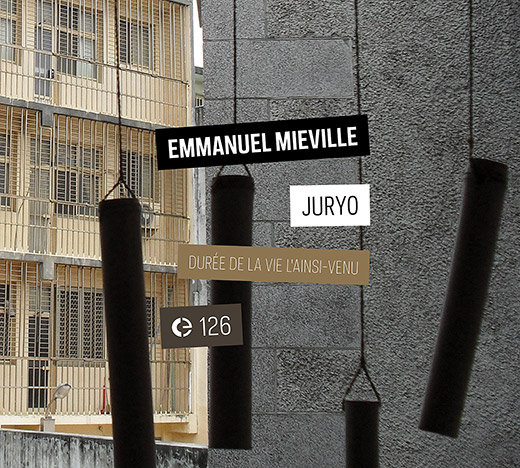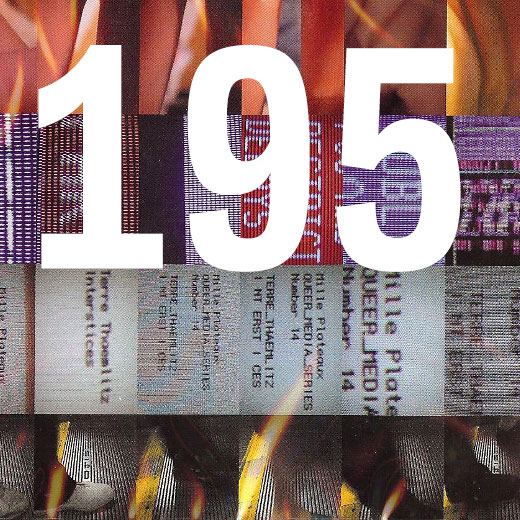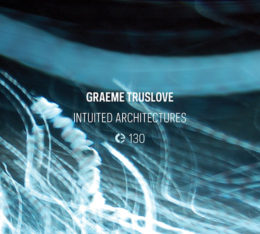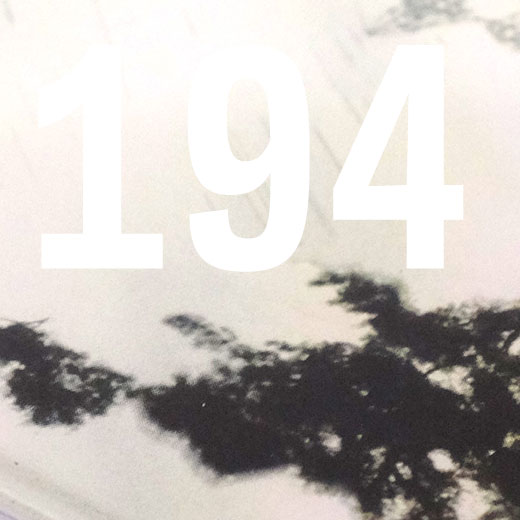
Here’s a sombrely presented CD (pro-pressed and printed) on Crónica. The imagery, and explanatory notes on the back cover, suggested to me that Juryo: Durée de la Vie de L’ainsi​-​venu koxx might be an album dominated by field recording, and whilst it very much is, in one sense, sonically it’s really quite different. The album is largely constructed from field recordings from across Asia, sometimes processed, sometimes raw. The second, third, and fourth tracks are inspired by a chapter of the Lotus Sûtra – a famous text of Mahâyâna Buddhism – whilst the first, Tanit Astarté, ‘is a quotation from Antonin Artaud’s book Héliogabale, and refers to the moon goddess, as described in Phoenician myths.’
This first track, does indeed stand apart from the rest of the album, to the extent that I wonder whether its inclusion was a good idea, really… This isn’t because it’s inferior in any way, but just that the remaining three tracks together might have been a more coherent, stronger release. Regardless, Tanit Astarté is quite similar to its companions: droning electroacoustic sounds, alongside more kinetic sections. The only issue I have – and it’s not only very personal, but also rather fundamental – is that the actual sounds themselves are not always interesting. Indeed, across the entire album are sounds which remind me of a certain effect filter, which produces a resonant timbre not unlike a steel drum. It’s possible that many of the sounds are just field recordings processed in this way, and certainly that would account for some of the wonderful movement that it is to be found on Juryo. However, it’s unfortunately simply a sound that I don’t enjoy, so Tanit Astarté – for all of its swirls and intricacies – is not something that will ever stay in my stereo very long.
The remaining three tracks fare much better. This is in part due to the interspersing of recognisable field recording elements amongst the synthesized sounds. So, folded in with the drones and modulating judders, we can also hear: flutes, street sounds, waves (or trees in the wind…), religious ritual, animal noises, voices, and the radio. These anchor the more abstract elements, and provide welcome colour in the tracks, which are all to the longer side of things. Whilst there are definitely melodic elements at work – the beginning of Taisi Funeral has a dreamy feel – the pieces are overwhelmingly textural and abstract. However, rather than exploring anything abrasive or frenetic, or minimal or quiet, Mieville occupies a tangled middle ground – tangled in the sense that Juryo is at points minimal, quiet, (nearly) frenetic, (nearly) abrasive, but never in thrall to any one direction. (Perhaps the most abrasive elements are the odd drop-outs (or cut-offs) during Murasaki, which jolt the listener, although frankly in an annoying way.)
Initially, I was very non-plussed with this album, but after many listens, I’ve come to appreciate it’s depth. It’s not an easy listen, there are no cheap thrills here, but it’s a release that covers quite a bit of ground – as long as your ears can excuse that certain sound that mine can’t… Martin P
via Musique Machine








